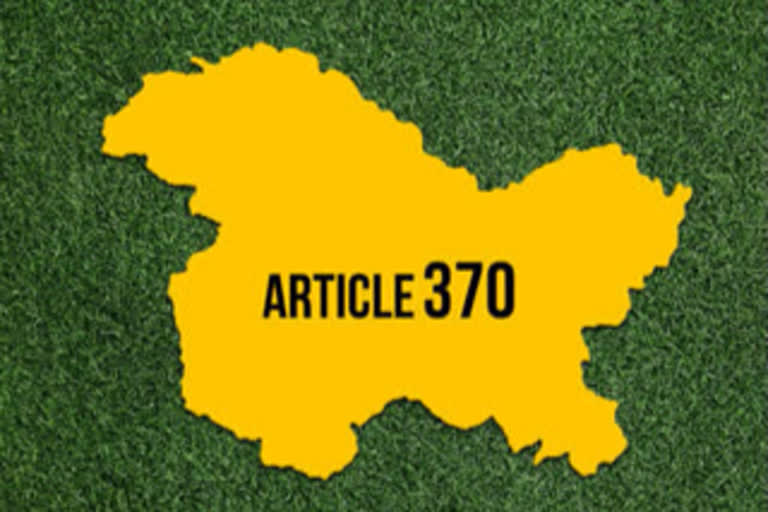New Delhi: The much-desired peace in Jammu and Kashmir (J&K) has been difficult to achieve. The complexities of the issues that often deprive the people of J&K of sustained peace range from external interventions through sponsoring terrorism, demands separation from India to a deep-rooted religious divide. The abrogation of Article 370 in August 2019 which put an end to the special status of the undivided state and bifurcated it into two union territories was perceived by many political elites and the people alike in the J&K as a betrayal by the union government headed by the Bhartiya Janata Party (BJP).
In the last two years following the abrogation of special status, J&K has witnessed the high political drama of the arrests of political leaders opposing the move by the Union Government, and at the same time, the latter has claimed the return of peace. Amidst the allegations by the political leaders from J&K accusing the Union Government of squeezing the spirit of democracy and the counterclaims of re-establishing order, the Prime Minister’s (PM) meeting with political leaders of J&K came as a surprise. The PM’s meeting with the leaders of political parties from J&K on June 24 was unexpected. However, it was perceived as a critical step towards bridging the trust deficit as the home minister claimed the Union Government’s firm commitment to restore full statehood as highlighted by the majority of the leaders of J&K participated in the meeting with the PM.
Also read:Kashmir: Delimitation a thorny issue between NDA govt and regional parties
However, what was observed to be an important step towards bridging the trust deficit between J&K and New Delhi through the meeting has arguably been challenged by a drone attack at the Indian Air Force (IAF) station in Jammu on June 27. The drone attack at the IAF station, the first of its kind in India, has been termed as an act of terrorism by the Director-General of Police (DGP) of J&K, Bilbag Singh. The timing of this ‘terror attack’ merits critical engagement in terms of understanding the difficulties associated with achieving sustained peace in J&K. One of the narratives through which the Central Government attempts to legitimize its move of abrogation of Article 370 and 35A has been the de-escalation of militancy and terrorism-related incidents in J&K. There is an element of truth to the claim made by the Central Government. Contrary to the speculations that the dissolution of special status guaranteed by Article 370 and 35A would lead to escalation of violence and militancy, the sustained efforts by the Central Government have been able to curb them substantially. Following the bifurcation of the state into two union territories, the security forces in J&K have neutralized several militants while a few of them have surrendered to return to the mainstream, which has contributed to the de-escalation of violence and militancy.
Also read:PM Narendra Modi meets with 14 political leaders of J&K
